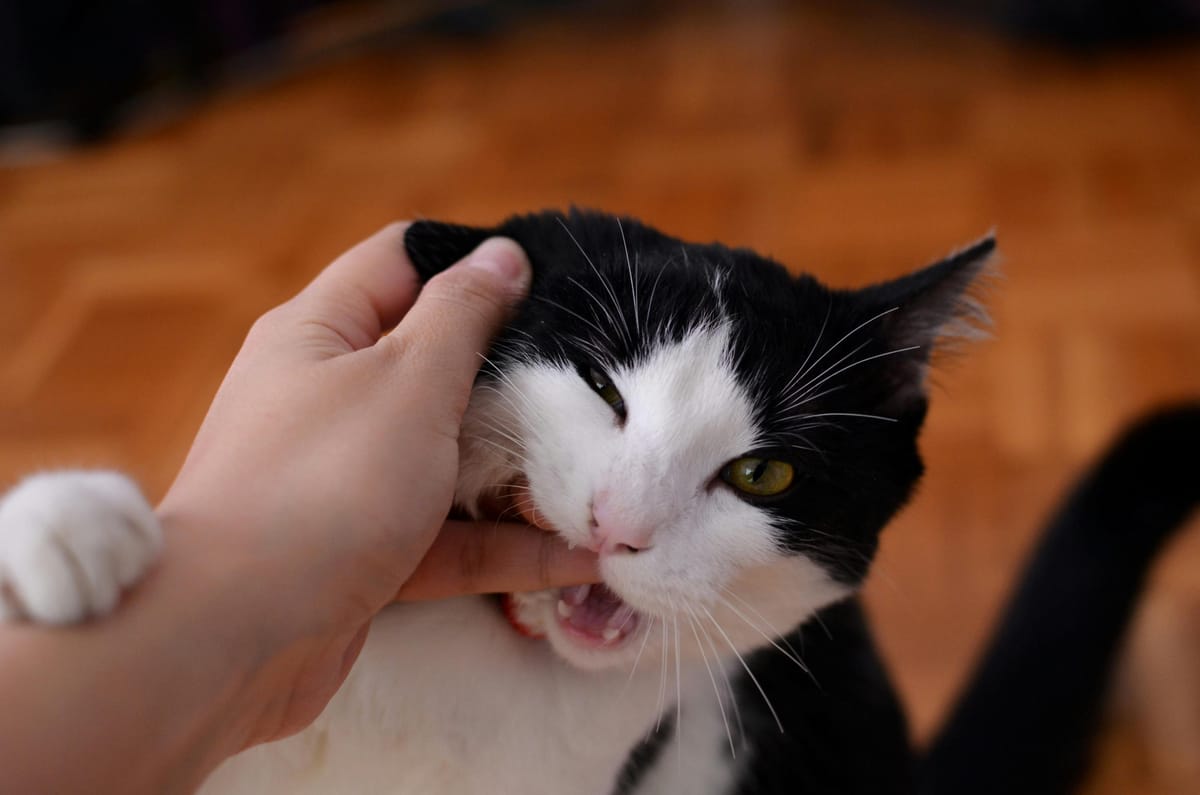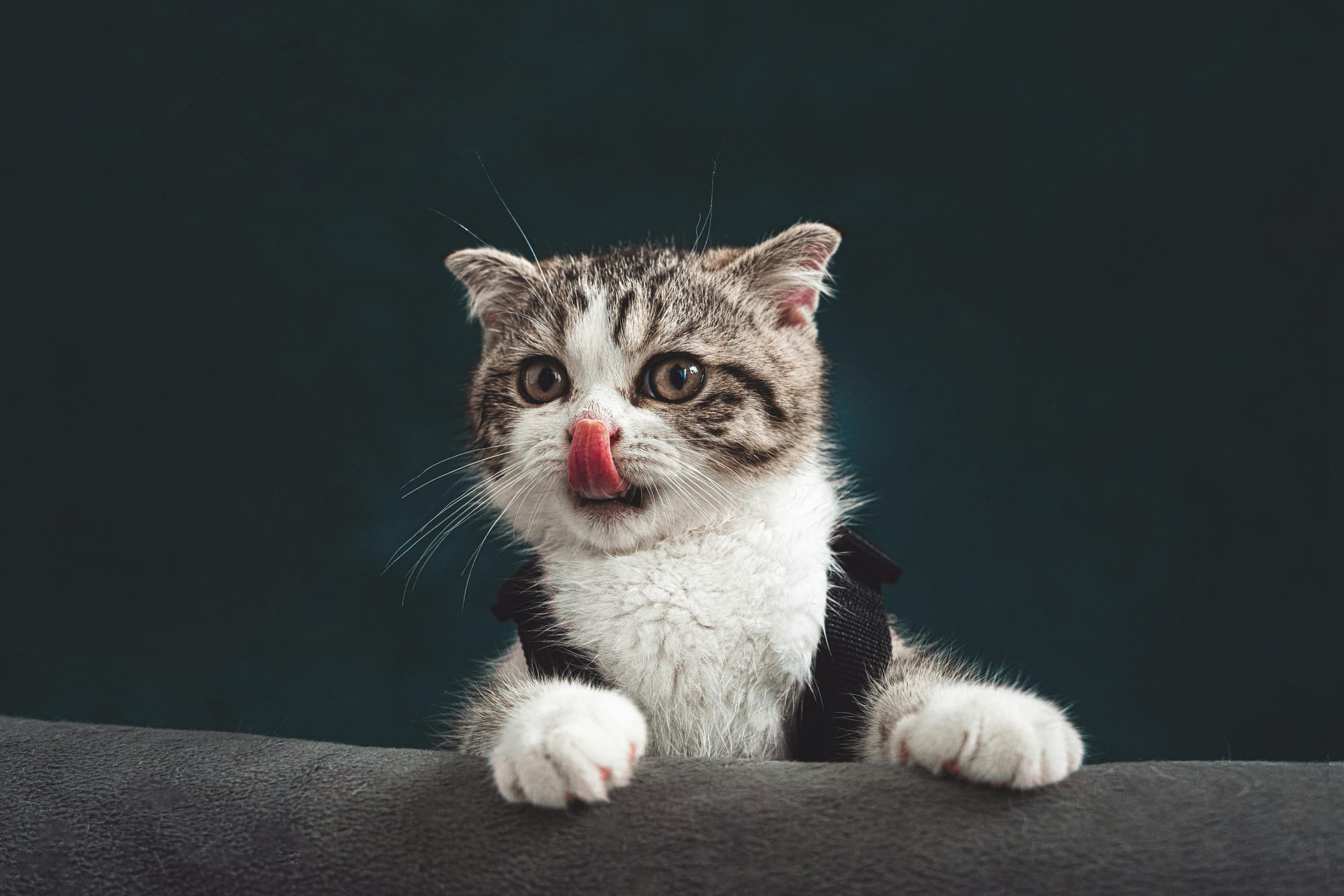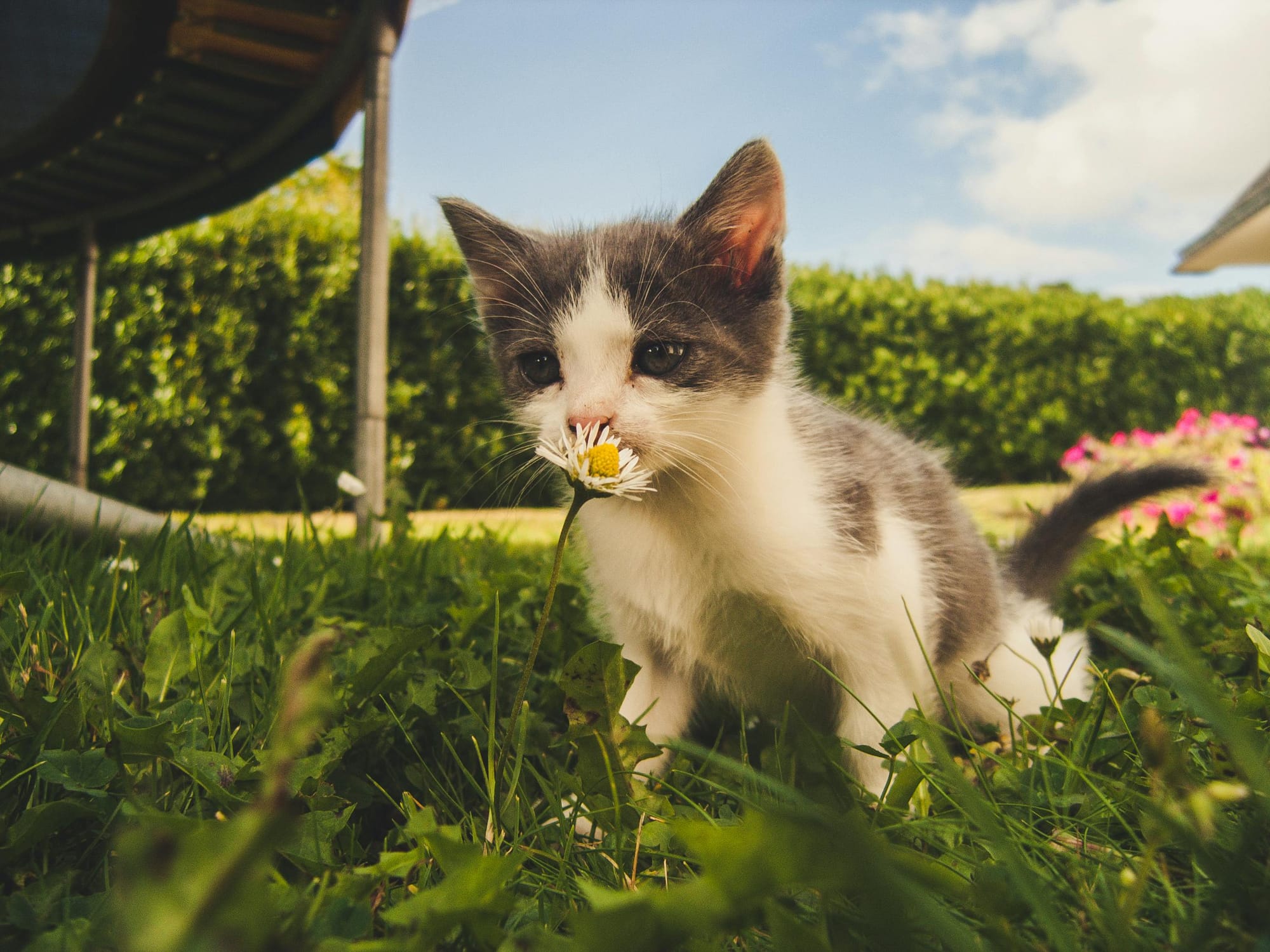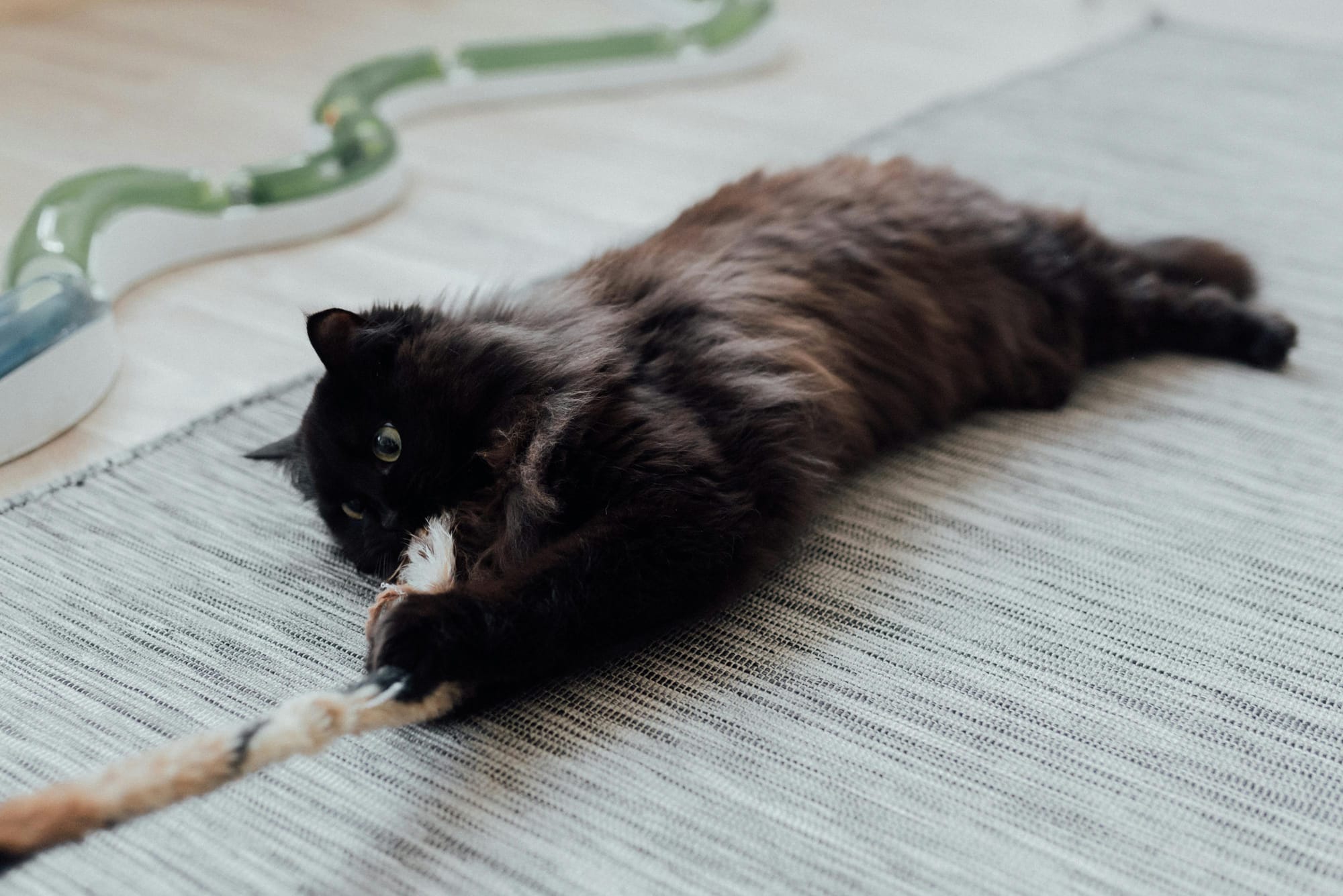Is Your Cat Stressed? Signs, Causes, and How to Help
Is your cat acting differently and you’re worried they might be stressed? This article covers signs of cat stress, possible causes, and simple ways you can help. Learn how to keep your cat feeling calm and happy.

Wouldn't it be great if your cat could tell you exactly how it feels? They could share stories about their adventures, their opinions on their favorite humans, and even let you know when something’s wrong.
But since they can’t, it’s up to you to understand their signals. Cats have their own way of showing stress and anxiety, and recognizing the signs means you can easily manage it and help them feel better. Here are 22 signs to watch for
22 Signs of A Stressed and Anxious Cat
Hiding more than usual – Your cat is suddenly impossible to find, spending extra time under the bed or in the closet.
Over-grooming – Biting and pulling at fur so much that it causes bald spots or skin irritation.
Loss of appetite – Ignoring food, even their favorites.
Sudden aggression – A once-friendly cat now hissing, swatting, or even biting out of nowhere.
Nonstop meowing or yowling – Loud, excessive vocalizations, especially at unusual times.
Litter box issues – Peeing outside the box for no clear reason.
Destructive scratching – Clawing at furniture, walls, or places they know they shouldn’t.
Sleep changes – Either sleeping way more than usual or barely sleeping at all.
Tail twitching – Repeated, sharp flicks like their tail is picking up alien signals.
Pacing non-stop – Walking back and forth like they can’t settle down.
Loss of interest in play – Ignoring toys or acting uninterested in things they used to love.
Constantly dilated pupils – Wide eyes for long periods, even when not playing.
Clinginess – Suddenly glued to your side, needing extra attention.
Pinned-back ears – Flattened for long stretches, like they’re about to take off in flight.
Heavy breathing or panting – Fast breathing, even when they haven’t been running.
Stiff, tense posture – Body held low and tight, ready to bolt at any second.
Excessive shedding – Way more hair loss than usual, even outside of shedding season.
Overly affectionate – More cuddly than usual, but in an almost desperate way.
Digestive issues – Diarrhea or constipation with no diet change.
Shaking easily – Trembling at the smallest noises or sudden movements.
Lethargy and sickness signs – Unusually low energy, vomiting, or other signs of illness.
Frequent nose licking – Constantly licking their nose more than usual.

14 Causes of Stress and Anxiety in Cats
Just as there are many signs of a stressed cat, there are also many causes for stress and anxiety. Figuring out what it might be will help you easily remove the stressor.
Psychological causes
Separation anxiety
PTSD in rescue cats
Lack of entertainment or stimulation
Aging-related nervous system changes
Behavioral causes
Fleas or other parasites
Allergy or infection
Dirty litter box or eating area
Litter box and food bowl placed too close together
Environmental causes
Loud noises
A neighborhood cat bothering them
New housemate (baby, parent, or roommate)
Changes in the environment (new pet, new person, new scent, moved furniture)
Toxic or medical causes
Exposure to toxic substances (lavender, tea tree oil, etc.)
Toxic plants (lilies, tulips, azaleas, oleander, etc.)

14 Ways to Manage Your Cat’s Stress and Anxiety
Schedule a vet visit
Rule out any underlying health issues like infections, irritation, or pain that could be causing your cat stress.
Use a calming pheromone diffuser
These mimic natural cat pheromones to create a sense of security and relaxation for your cat.
Make playtime a priority
Interactive play with wand toys, lasers, or puzzle feeders keeps your cat’s body and mind engaged.
Keep the litter box clean
Your cat hates a dirty toilet as much as you do, so regular cleaning is a must.
Experiment with different types of litter
Your cat may prefer certain textures, and switching can make a big difference.
Place the litter box in a quiet, easily accessible spot
Avoid high-traffic or noisy areas that might make your cat feel uneasy.
Use multiple litter boxes in multi-cat households
This reduces territorial disputes and gives each of your cats their own space.
Create safe zones
Cozy beds, covered hideouts, or even simple cardboard boxes in quiet areas give your cat a retreat.
Minimize loud noises
If you can’t lower the volume, take your cat to a quieter spot where they can feel safe.
Respect your cat's space
Avoid forced cuddles or picking them up if they seem overwhelmed. Let your cat come to you.
Add vertical spaces
Cat trees, shelves, and perches let your cat climb and observe from a safe, elevated position.
Increase mental stimulation
Puzzle toys and treat-dispensing games keep your cat’s brain active and reduce anxiety.
Stick to a routine
Regular feeding, play, and sleep schedules help your cat feel secure and in control.
Check for medical issues if yowling persists
Dental pain, urinary tract infections, or other health concerns could be causing your cat distress.

Final Thoughts
Cats are naturally sensitive and easy to straddle. They don’t need this added stress. Just like in humans, lots of stress and anxiety can cause medical issues in cats too.
The sooner you notice your cat is disturbed, the sooner you can act and help them out. The most they could do is show you they’re stressed. The least you could do it notice they’re asking for your help.